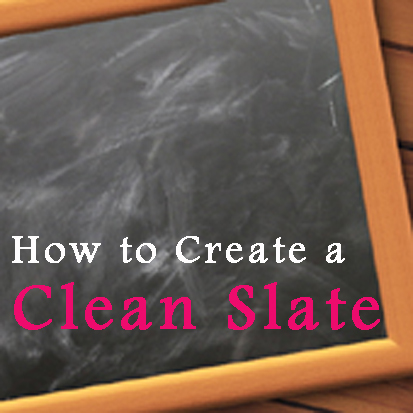
NFL players Malcolm Jenkins and Torrey Smith write about the importance of Clean Slate. Law enforcement officials support clean slate. JAC talks to the The Lens about barriers to expungement in New Orleans during COVID-19 pandemic.Ĭity Business: Louisiana making progress on prison-to-workforce-reentry.Įast Baton Rouge District Attorney and Public Defender support clean slate. Leading researchers on criminal justice data support Clean Slate.

Research finds expungements lead to increased wages and decreased recidivism. Learn about Louisiana's expungement process and research on Clean Slate. Read about the heartbreaking set backs criminal records have in this NPR article.

Read JAC and Clean Slate Initiative's article in The Crime Report on why women need a clean slate. Read The Advocate editorialendorsing clean slate legislation. Check back here for updates on that effort. We are planning to return in 2022 with new legislation. Unfortunately the bill died after last minute opposition by the State Police, which receives a portion of the fees paid by expungement seekers.

In 2021, we worked with Representative Ted James to introduce legislation to ensure that everyone who is legally entitled to expungement under current Louisiana law would get their record expunged by the government. Even though they have no new convictions.Ĭlean Slate Legislation would shift the burden from the expungement seeker to the government to initiate the expungement, automatically, after waiting periods that are already provided in the law. The problem? With the highest filing fees in the nation ($550 to $650) and a process so confusing that most people have to hire a lawyer, most people cannot afford to get an expungement. Louisiana also has some of the most expansive expungement law in the country. In Louisiana, the most incarcerated place in the world, we know that thousands of Louisianans struggle with access to jobs, housing, and education due to criminal records that follow them for their entire lives. Following decades of overcriminalization, between 70 million and 100 million Americans-1 in 3-now have some type of criminal record.


 0 kommentar(er)
0 kommentar(er)
